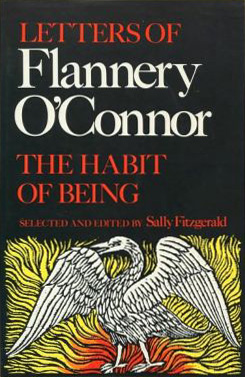“For me a dogma is only a gateway to contemplation and is an instrument of freedom and not of restriction.”
 As humans, we are wired to cling tightly to our beliefs, even the most delusional, and toautomatically dismiss conflicting evidence. This is especially true in areas where our beliefs are particularly charged, such as politics and religion. For those of us skeptical of organized religion, who find transcendence in nature andspirituality in science, who fall closer to the atheism end of the belief spectrum, it’s especially challenging to consider perspectives on faith that come from the other end. But something magical happens when we allow the walls of the psyche to soften and become permeable, if only for a moment, to another’s experience of the world — little compares to the self-transcendence that such receptivity invites.
As humans, we are wired to cling tightly to our beliefs, even the most delusional, and toautomatically dismiss conflicting evidence. This is especially true in areas where our beliefs are particularly charged, such as politics and religion. For those of us skeptical of organized religion, who find transcendence in nature andspirituality in science, who fall closer to the atheism end of the belief spectrum, it’s especially challenging to consider perspectives on faith that come from the other end. But something magical happens when we allow the walls of the psyche to soften and become permeable, if only for a moment, to another’s experience of the world — little compares to the self-transcendence that such receptivity invites.
One of the most extraordinary meditations on religion and the role of spirituality in society comes from beloved author Flannery O’Connor, whose writing blended her Catholic faith with strong secular themes of ethics and moral philosophy, and nowhere does her singular spirit shine more luminously than in The Habit of Being: Letters of Flannery O’Connor (public library).
In July of 1955, when she was thirty, O’Connor received a letter from a young woman, initially unknown to her, who later chose to remain anonymous upon the publication of the letters. Both hungry for conversation and intrigued by the woman’s intensity of conviction, the author felt compelled to reply, and so began a nine-year epistolary friendship that continued until O’Connor’s death in 1964 from complications due to lupus. The letters to “A.” are among the most extraordinary in the collection, exploring with remarkable dignity and dimensionality matters of faith and religion, the difference between the two, and the role of spirituality in O’Connor’s writing and her personhood.
Read the rest of the article:
No comments:
Post a Comment